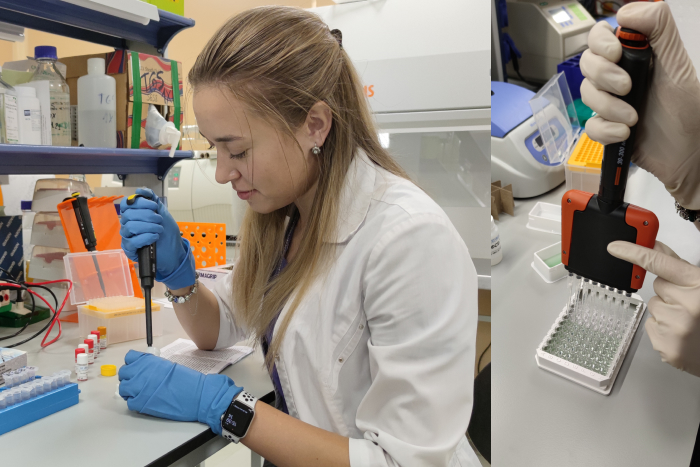
Acute myeloid leukemia (AML) is a highly aggressive blood disorder characterized by uncontrolled proliferation and differentiation of hematopoietic progenitor cells. AML has long been considered incurable and the majority of patients die within months of diagnosis. A personalized approach to treating this disease has given many patients hope for life.
The use of a combination of cytarabine and anthracycline antibiotics (7+3 regimen), approved by the FDA in 1973, achieved remission in more than half of patients. In 1998, intensive regimens of high-dose cytarabine were proposed to consolidate and prolong remission. For a long time, chemotherapy regimens remained unchanged. However, long-term results were poor due to the high relapse rate and the inability to use standard chemotherapy in elderly patients and those with comorbidities.
To learn more, please read the article here.
